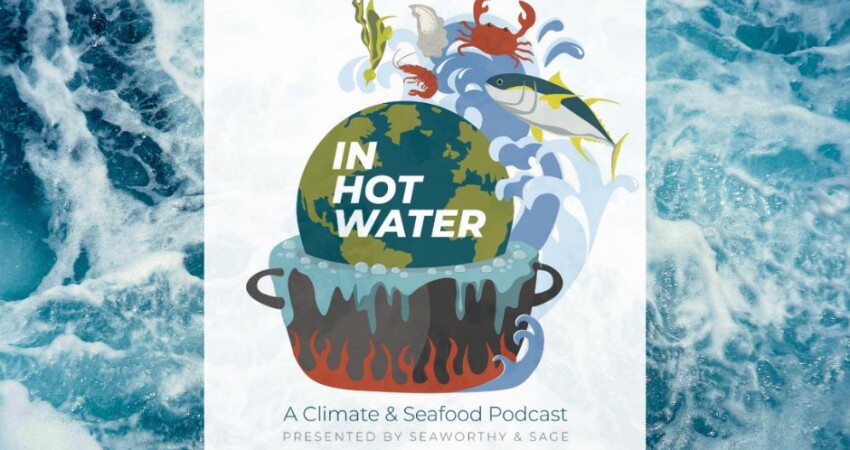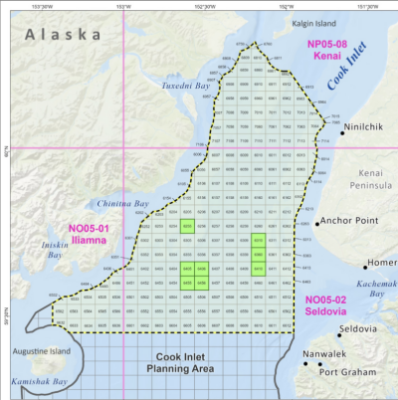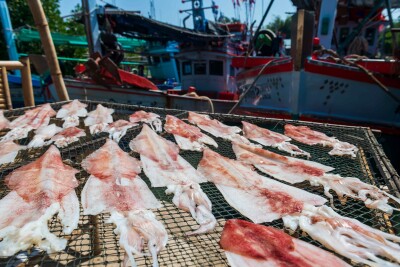Seafood and Gender Equality (SAGE) and Seaworthy announce the launch of In Hot Water - a climate and seafood podcast. In this series, three generations, Julie Kuchepatov (Gen X), Crystal Sanders-Alvarado (Xennial), and Cameron Moore (Gen Z), hit the road to explore key seafood producing regions across the U.S. and hear from people working at the intersections of fisheries, aquaculture, seafood, and conservation while grappling with the effects of the global climate crisis.
SAGE and Seaworthy, collaborators on The Conch podcast since 2021, came up with the idea for In Hot Water out of a shared love of seafood and a dedication to contribute to a community-driven intergenerational effort in movement towards climate justice.
Crystal Sanders-Alvarado, Founder of Seaworthy, noted, “When we talk about climate justice, we recognize that marginalized and oppressed groups are the communities experiencing the greatest impacts of the climate crisis which exacerbate inequitable social conditions. In this series, we hope to amplify the voices of those most affected and center their leadership and community identified solutions.”
The four-part series begins in the Lone Star State of Texas with a visit to the Coastal Bend along the Gulf of Mexico. The Gulf is a crucial hub for offshore petroleum production, contributing to one-sixth of the United States' total production and serves as a critically important source of seafood, supplying more than 40% of the U.S. domestic seafood. The trio travels from Aransas Pass, the self-proclaimed “Shrimp Capital of Texas”, to Corpus Christi, the “Birdiest City in America,” and end up in Galveston, once dubbed the “Playground of the South” during the 1800s and holds significant historical importance as the birthplace of Juneteenth. On June 19, 1865, two and a half years after Abraham Lincoln issued the Emancipation Proclamation that legally freed three and a half million enslaved people in Confederate states, the Juneteenth Order was issued, marking the belated emancipation of 250,000 enslaved Black people in Texas.
Julie Kuchepatov, Founder of SAGE, noted, “There is an alarming lack of discussion, let alone action, about the climate emergency and its intersectional effects on seafood producing regions, communities, and people who depend on these culturally important resources for food and livelihoods. With this new podcast series, we are diving deeper into these regions to understand what is happening with our nation’s seafood communities, the challenges they are facing, and innovative solutions that people are piloting to build climate resilience.”
Leigh Habegger, Executive Director of Seafood Harvesters of America said, “our harvester members often share the effects of climate change that they directly experience on the water. Sharing the stories of people and coastal communities that are dealing with these effects is an important step towards building resilience in the future of a warming planet. We are heartened that SAGE and Seaworthy have created this podcast series to illuminate the innovation happening in our critical seafood producing regions."
Three more series will be released through 2024 featuring interviews from important seafood producing regions including Maine, Chesapeake Bay, and Lake Michigan.







